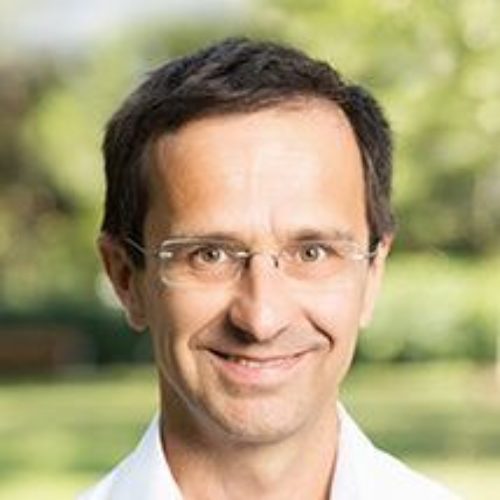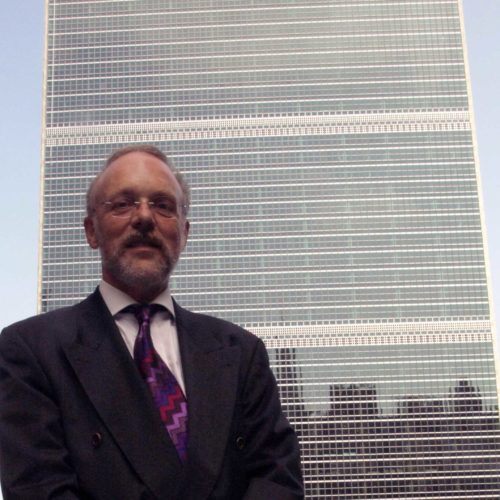The Political Trilemma of
Contemporary Social-Ecological Transformation
December 16th, 2020
Content
Why is globalisation, as we have pursued it in recent years, no longer a sustainable project today? Is nationalistic capitalism in countries like the USA, Hungary or Brazil a reaction to the unregulated international market system? And is a certain degree of de-globalisation a prerequisite to overcome the (climate) crisis?
Andreas Novy explores these and other questions in his lecture ‘The Political Trilemma of Social Ecological Transformation’. In it, he takes up Dani Rodrik’s Globalisation Trilemma, which shows the incompatibility of hyper-globalisation, national sovereignty and democracy. In contrast to Rodrik, however, he identifies three political strategies that are possible and feasible in today’s political world: (1) liberal globalism, such as pursued by the EU, (2) a nationalist capitalism pursued by heads of state such as Trump, Orbán and Bolsonaro, and (3) the promotion of the foundational economy and, in turn, the satisfaction of basic needs through a stronger focus on regionalised production and consumption cycles.
By comparing the transformation that took place in the 1930s, which Karl Polanyi describes in detail in The Great Transformation, with the current political situation created by the exhaustion of neo-liberal globalisation, Novy concludes that strengthening the foundational economy is the most promising way to concretize the Polanyian vision of freedom for all in a complex society.
To accompany this article, the IKPS, with the support of the Rosa Luxemburg Foundation Berlin has organised a Webinar on 16th December 2020, which was held via Zoom.
Novy presented the key points of his article;
Franz Baumann (New York University, NY) and
Judith Dellheim (RLS, Berlin) commented on it.
Judith Dellheim (RLS, Berlin) commented on it.
The event was moderated by Melissa Erhardt (IKPS).


